Tobacco use disorder is when an individual is dependent upon nicotine, which is found in tobacco. A psychoactive drug (affects the mind), nicotine is a highly addictive, central nervous system stimulant. The addictive nature of nicotine includes drug-reinforced behavior, obsessive use, recurrent use after abstaining from it, and physical dependence and tolerance. tobacco use disorder is common among individuals who use cigarettes and smokeless tobacco daily and is uncommon among individuals who do not use tobacco daily or who use nicotine medications. Tobacco use disorder, with severity specified as mild, moderate, or severe, depending on the number of diagnostic criteria that have been met. While it can range from mild to severe, quitting tobacco is possible.
There can be several causes of tobacco use disorder. Various factors like genetic, psychological, social, and environmental factors can all impact how taking tobacco affects your body and behavior. For certain people taking opioids has a different and stronger impact that can lead to tobacco use disorder that it may not have on others. The onset, continuation, and development of tobacco use can be about 50% contributed to genetic factors. This risk can also be attributed to developing any substance abuse disorder. Individuals with externalizing personality traits are more likely to initiate tobacco use. Individuals with low incomes and low educational levels are more likely to initiate tobacco use and are less likely to stop.
Tobacco use disorder can include periods of tobacco withdrawal.
There is no perfect way to approach a loved one that you assume or know is struggling with tobacco use disorder. Many people with tobacco use disorder hesitate to get treatment because they don’t consider their tobacco use a problem, so approaching them to tell them that they do have a problem can be difficult. If you’re concerned about someone who may have a tobacco use disorder, ask a professional experienced in drug addiction treatment for advice on how to approach that person. You can not force someone to seek professional care, but you can always offer your support and encouragement. Even though you may not be able to prevent your loved one from developing a tobacco use disorder, you can still talk with them about the health-damaging effects of using tobacco and alternatives to using tobacco.
There are effective treatments for tobacco use disorder. It is rare to treat a tobacco use disorder on the first try, especially without help. Medication and counseling combined have been proven to be effective treatments.
Medications
Some medications can assist in the treatment of tobacco use disorder. Many treatments, including nicotine replacement therapy and non-nicotine medications, are proven to work as well as using more than one medication. It is important to speak to your healthcare provider about the right treatment for you. Talk to your doctor before taking any over-the-counter nicotine replacement products if you’re pregnant, breastfeeding, smoking fewer than 10 cigarettes a day, or you’re under age 18.
The following nicotine replacement products are available through prescription:
The following are medication nicotine-free products that are available through prescription:
Support Groups & Counseling
Combining medications with behavioral counseling provides the best chance for establishing long-term smoking abstinence.
Medications reduce withdrawal symptoms including tobacco craving and behavioral treatments help the development of skills needed to avoid tobacco over the long run.
Individual counseling helps you learn techniques for preparing to stop smoking and provides support during the process. There are specific treatment programs that offer tobacco treatment specialists in hospitals, healthcare plans, and other healthcare providers. There is telephone counseling available as well. Every state in the U.S. has a telephone Quitline, and some have more than one. To find the options in your state, call 800-QUIT-NOW (800-784-8669). Finally, Internet-based programs are also available. Several websites offer support and strategies for people who want to stop smoking like BecomeAnEX.
Support and Coping
Lifestyle changes are also crucial in remaining tobacco-free. Doing things that don’t trigger you to engage in tobacco use as well as avoiding drinking alcohol situations are considered high-risk situations. Ensuring that your family and friends are aware that you are no longer engaging in tobacco use and developing a support system of friends and family who can support your cessation of tobacco use is key. If you have people in your life that use tobacco, it may impact your course of treatment. Finally, continuing to engage in other healthy habits is necessary for treatment. This can healthily include managing stress, setting smoke-free boundaries, rewarding yourself, staying motivated, and remembering relapse is common. If you relapse, do not be harsh on yourself. Learn from your experience and take the steps to try again.
At Clarity Clinic, we are dedicated to guiding you toward a life free from the grip of Tobacco Use Disorder. Our compassionate and experienced team is here to provide you with the support you need on your path to recovery. Don't let Tobacco Use Disorder control your life any longer – take the crucial step toward change by contacting us for a confidential consultation. Your journey to a healthier, smoke-free life begins here.
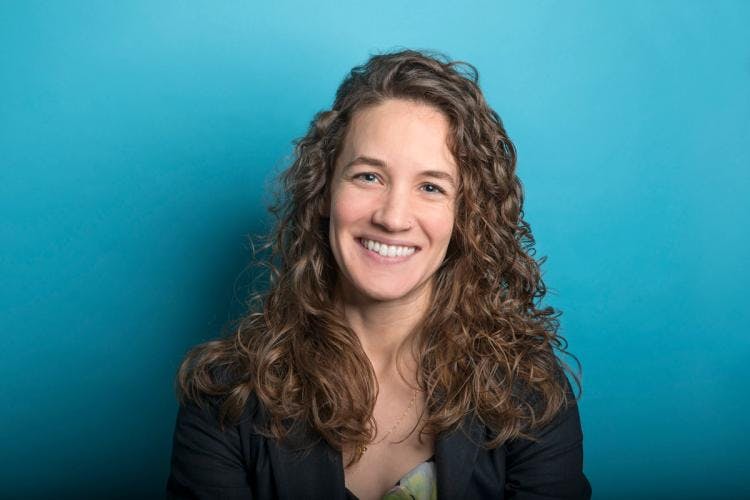
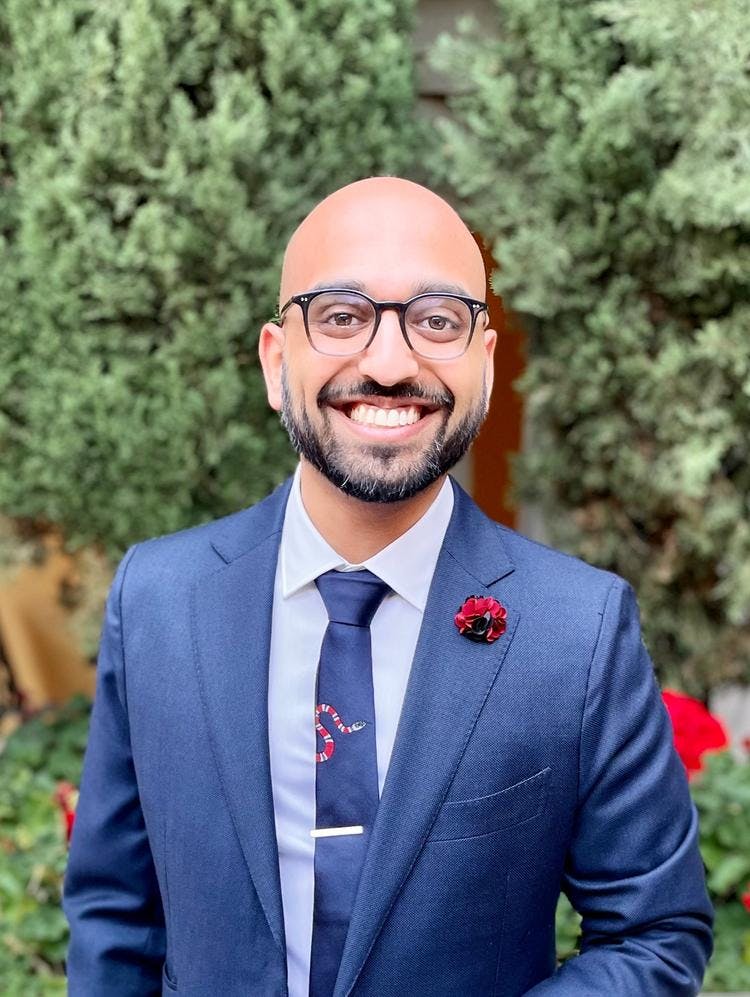
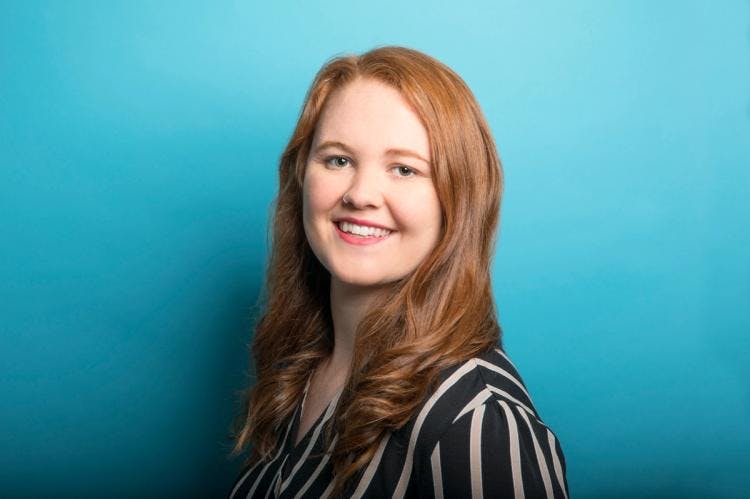
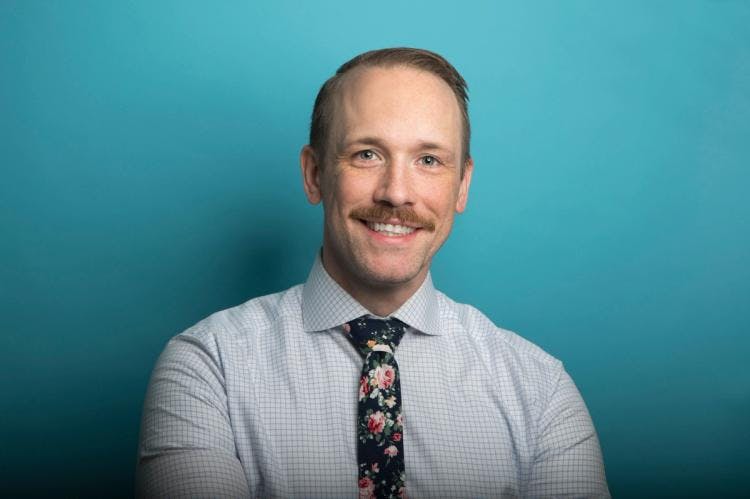
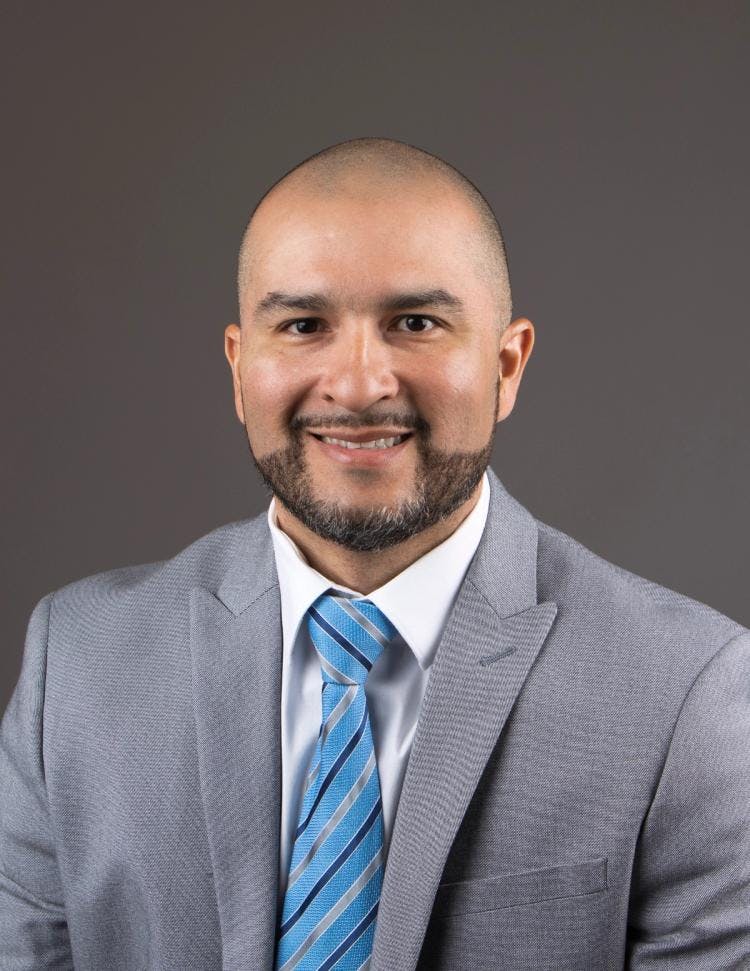
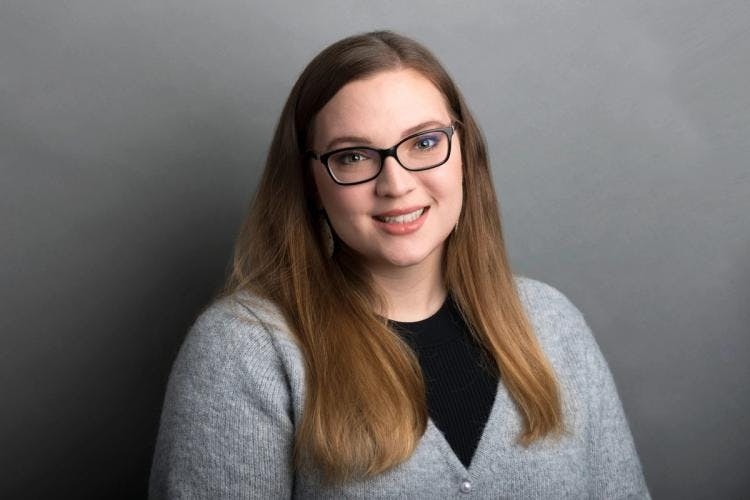
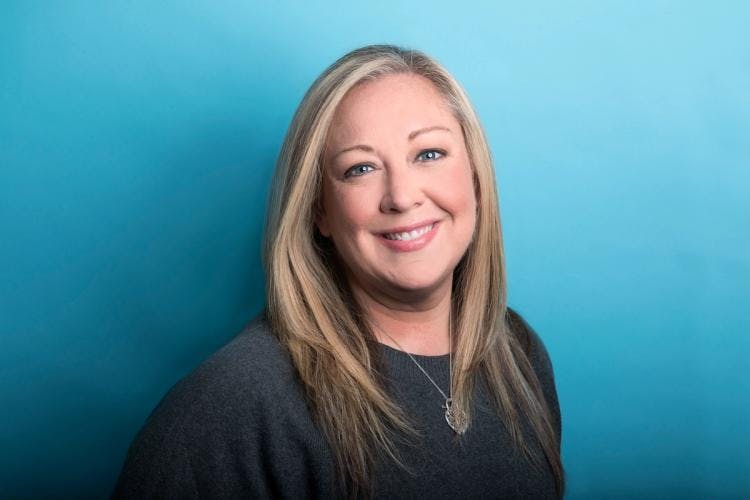
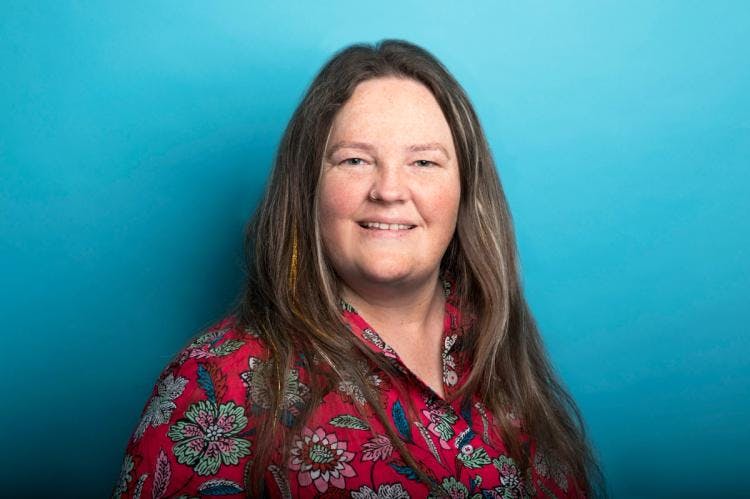
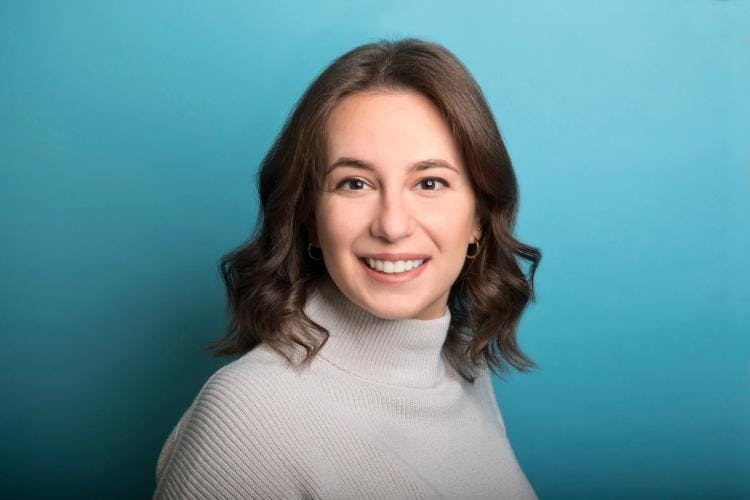


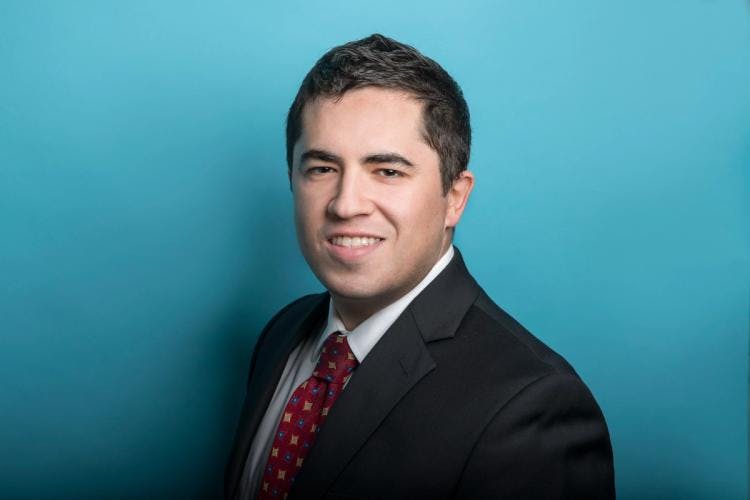
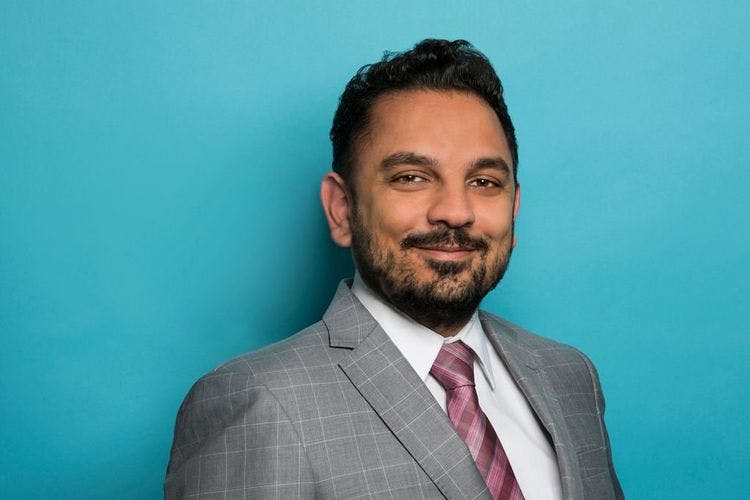
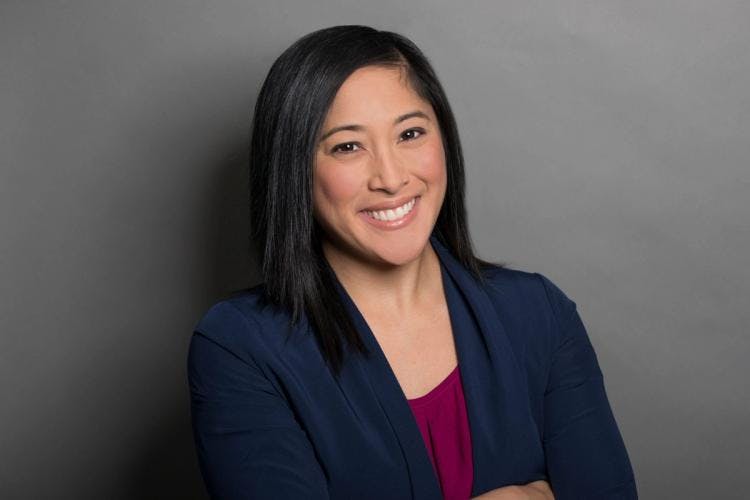
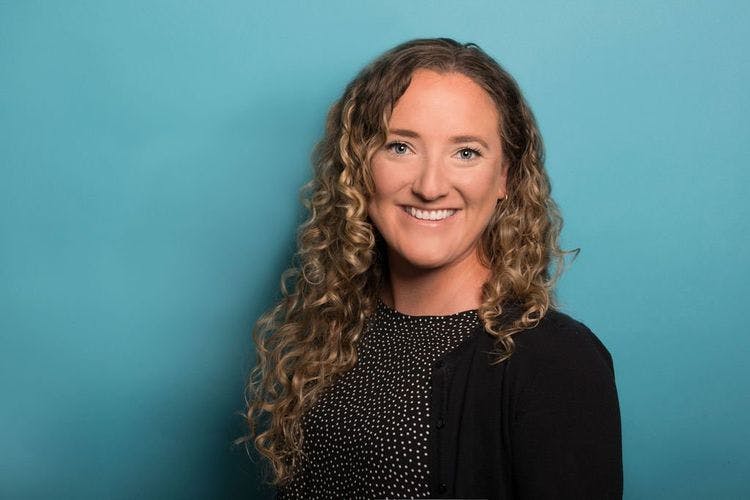
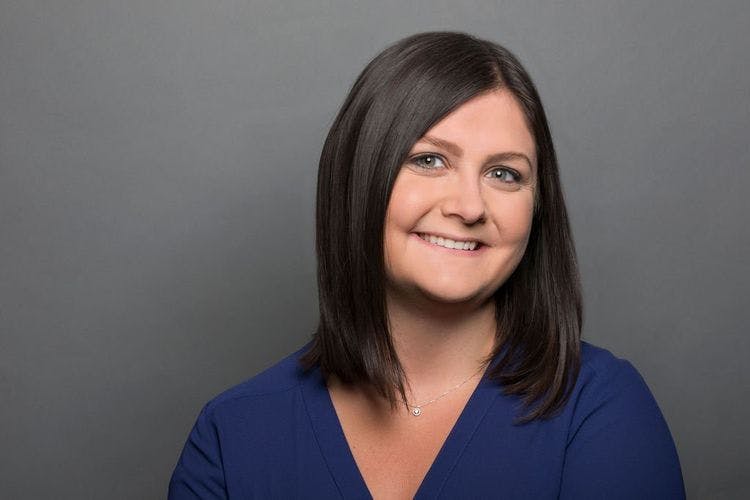
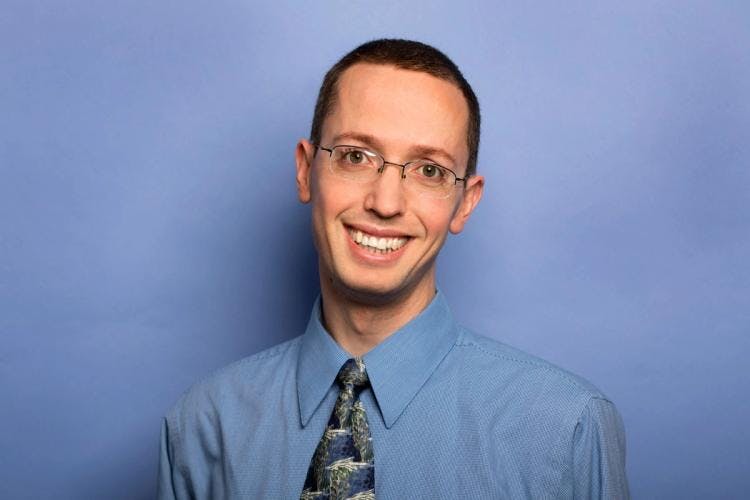
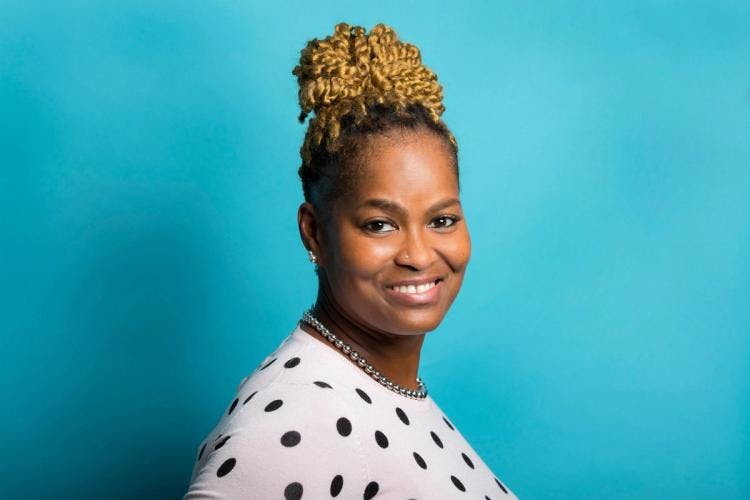


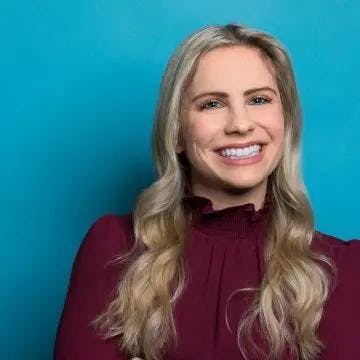


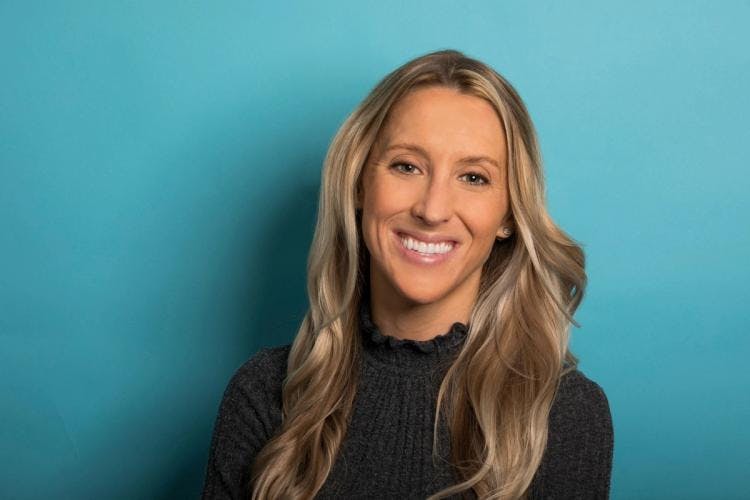
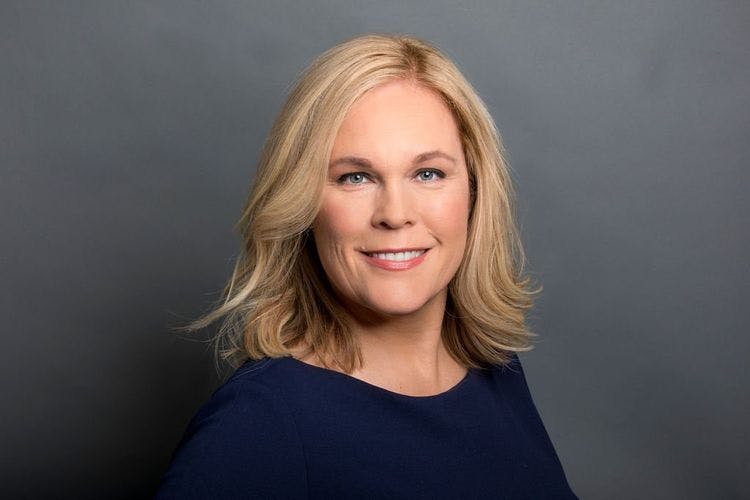
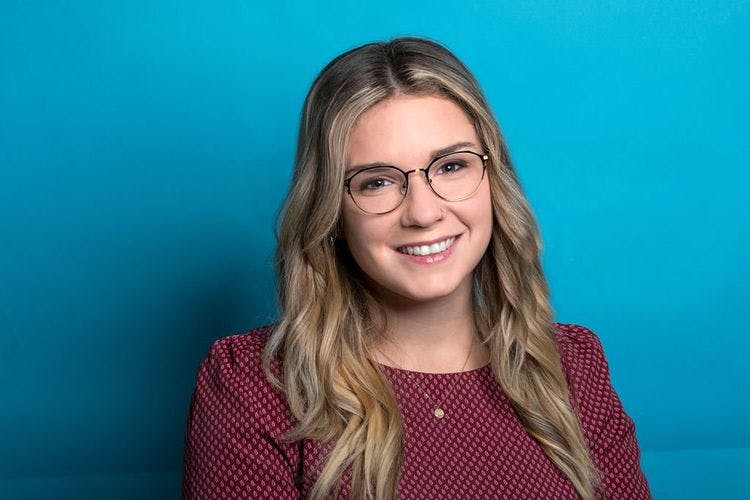
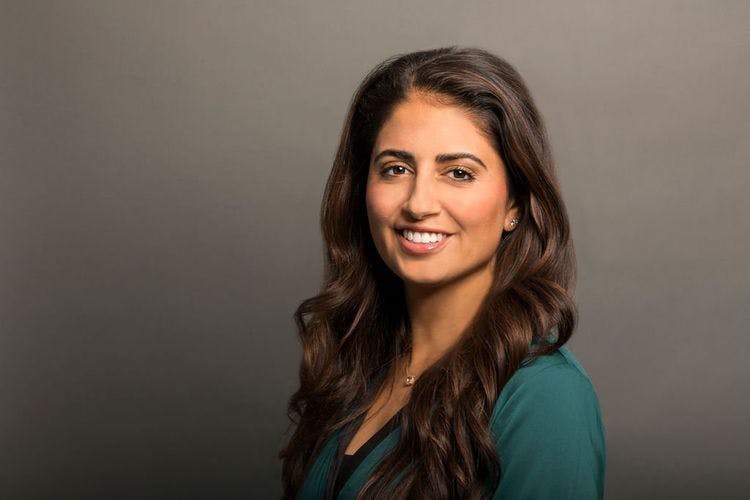
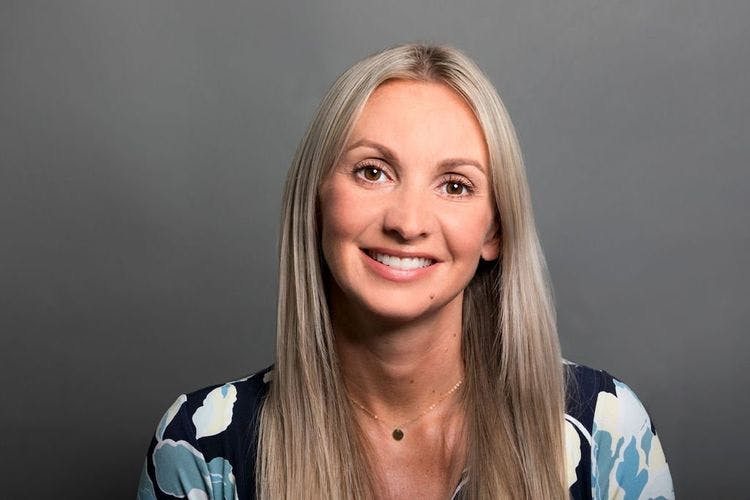
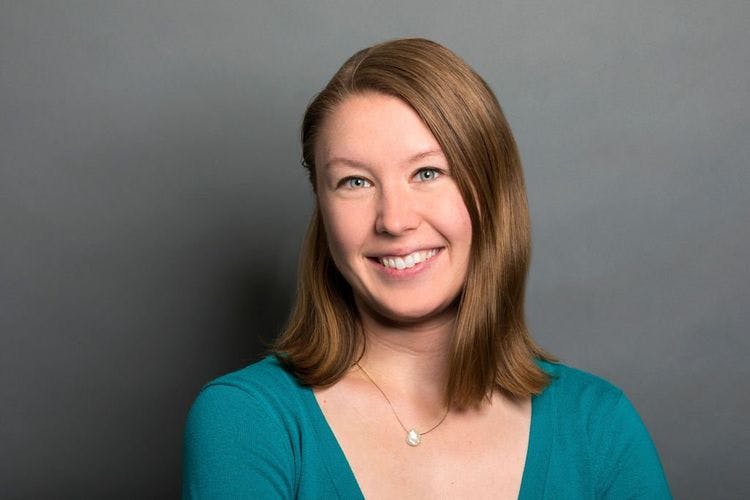
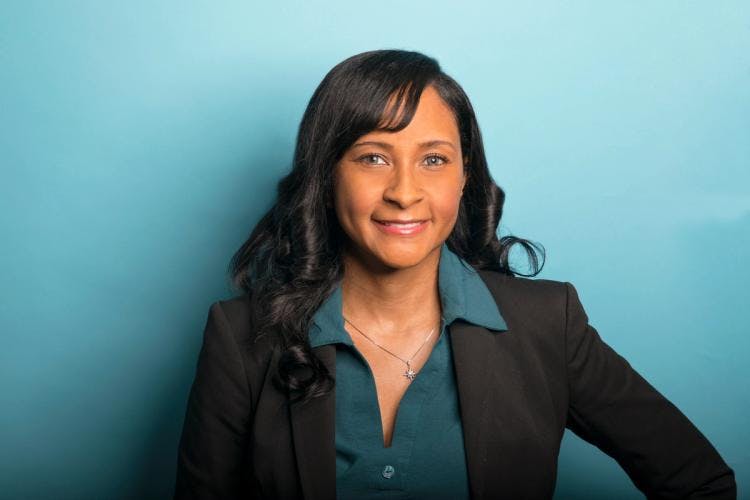
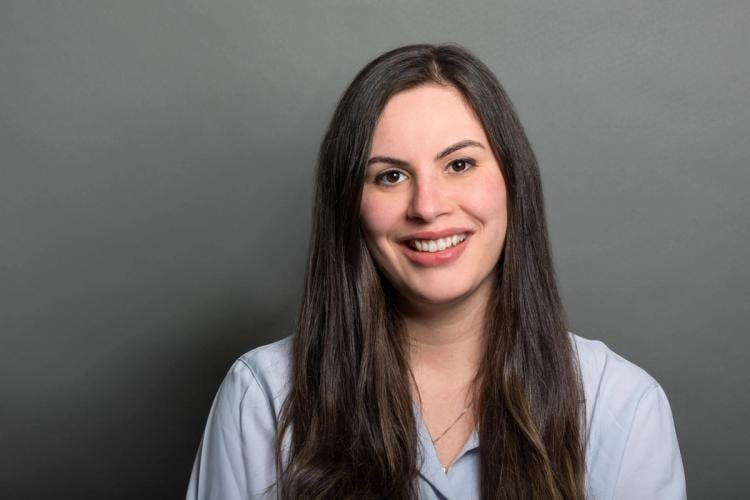
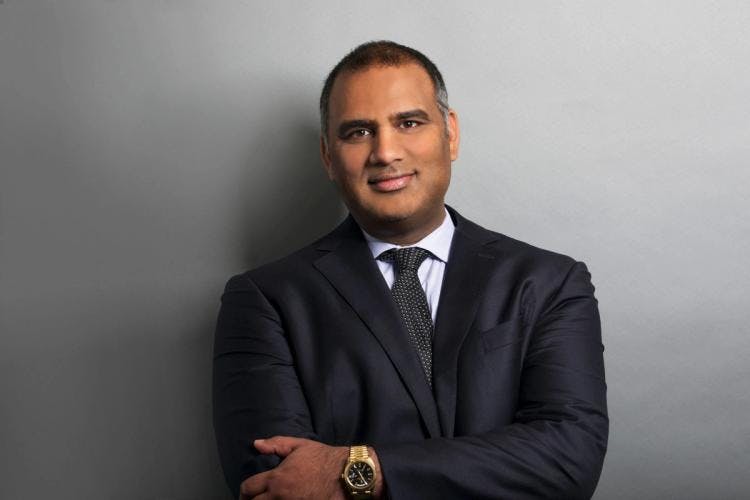

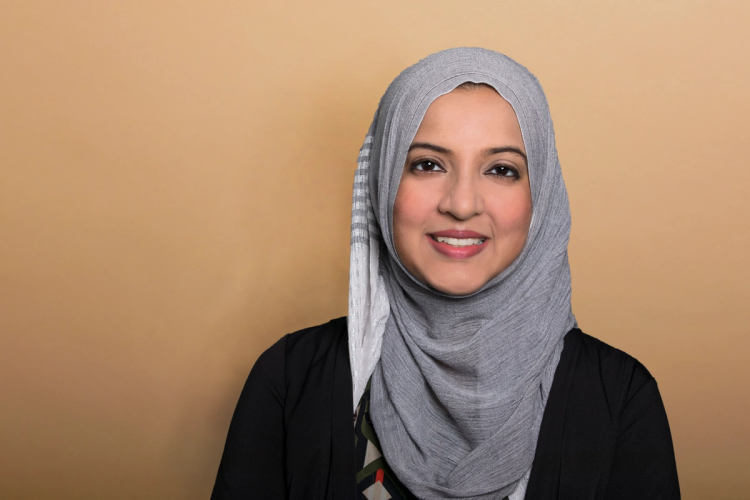

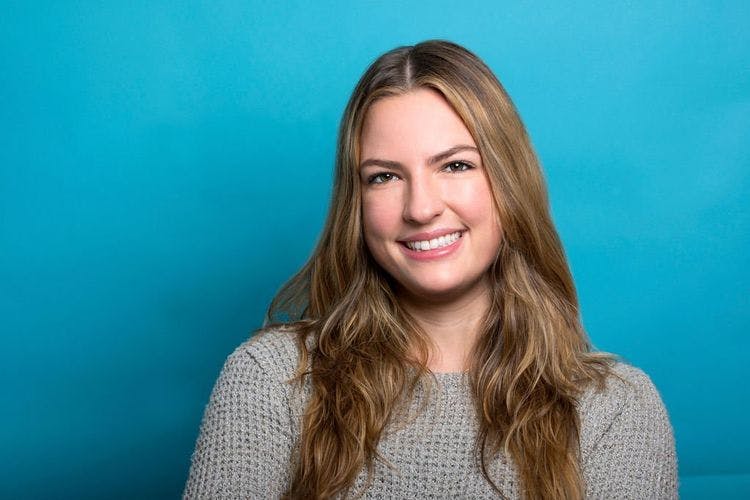


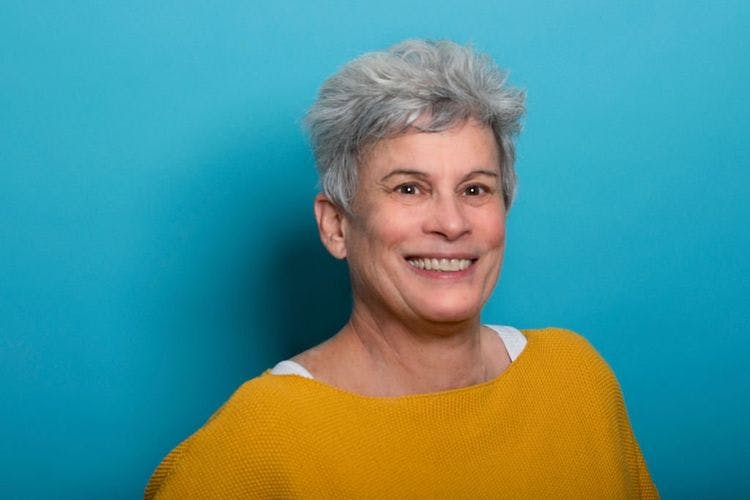


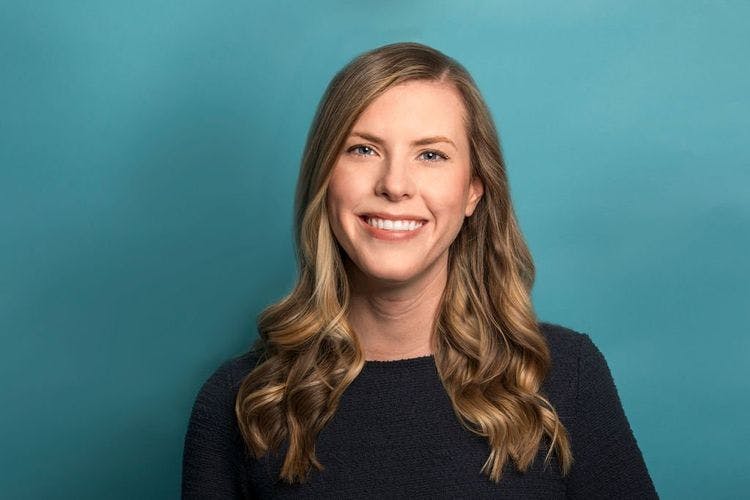
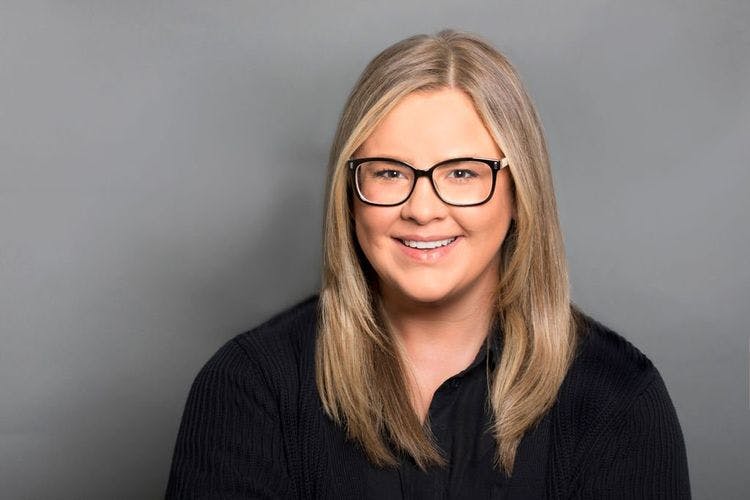
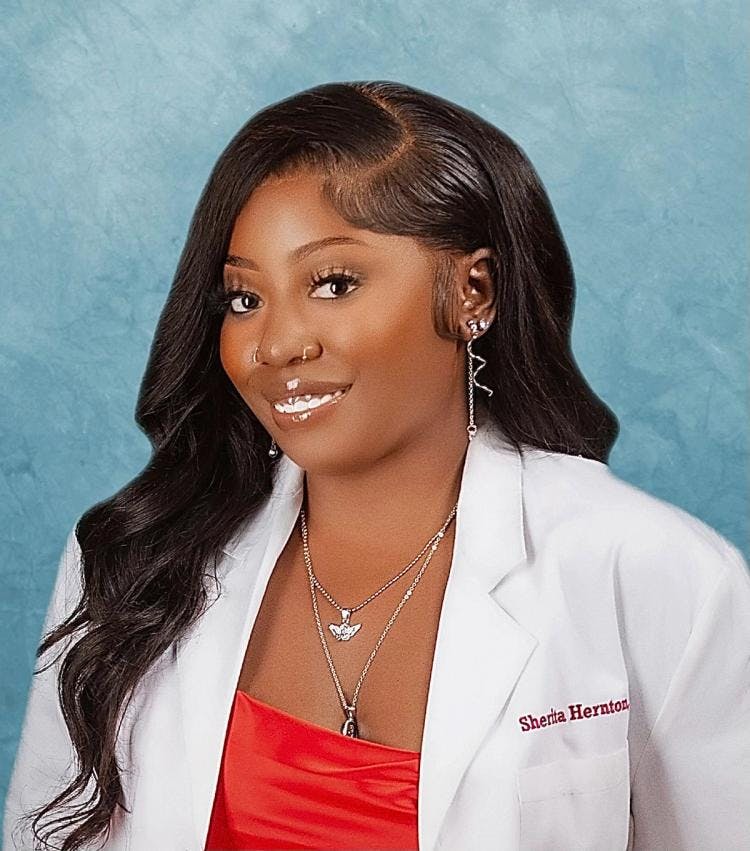
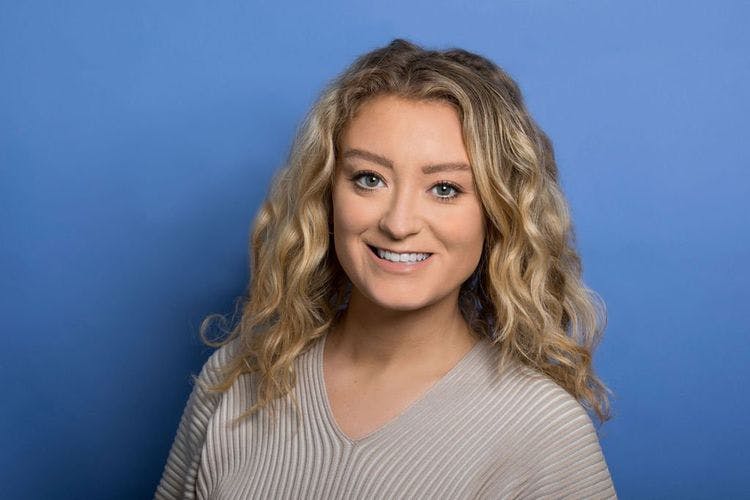
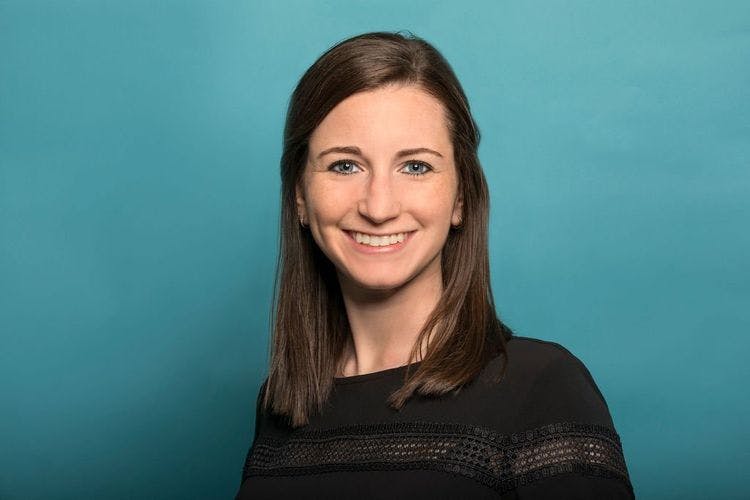

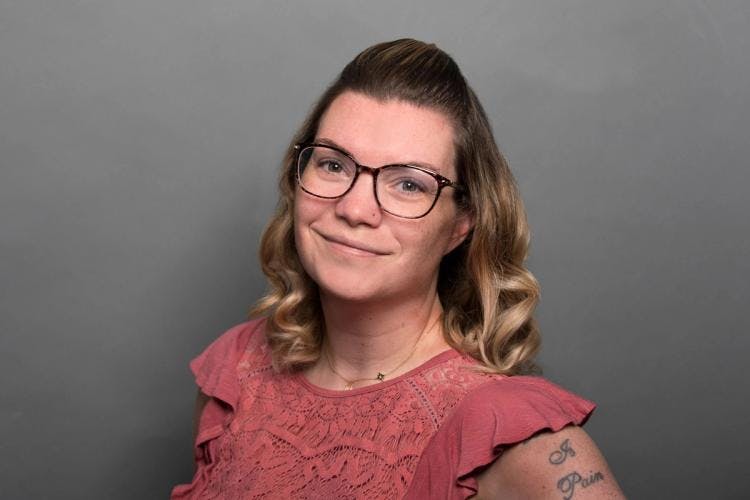

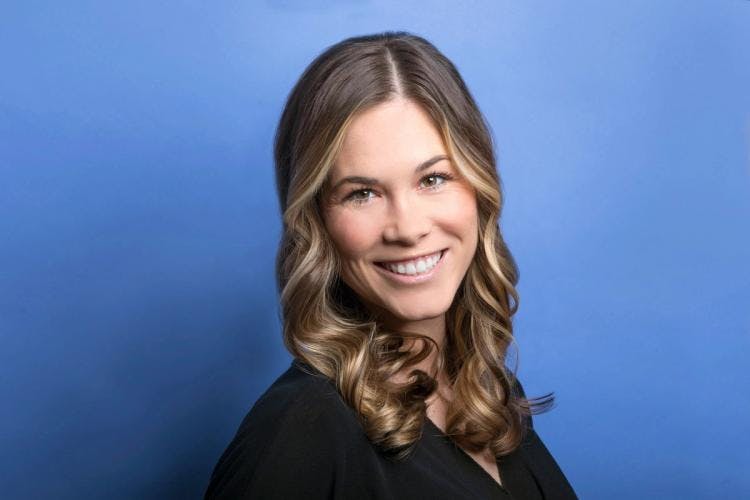

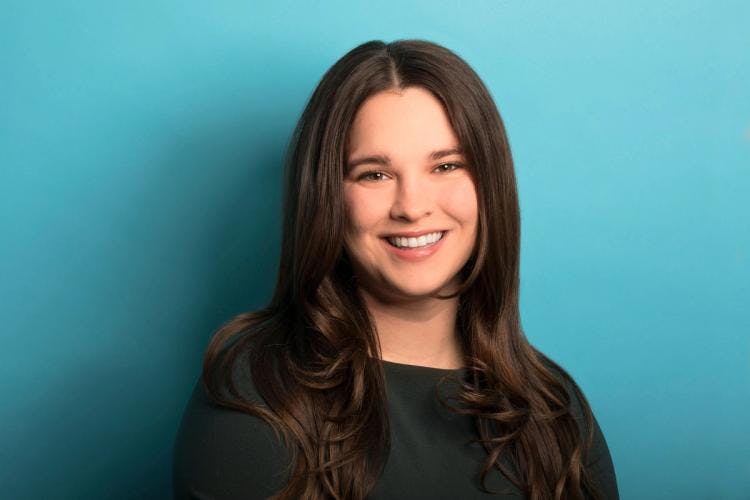


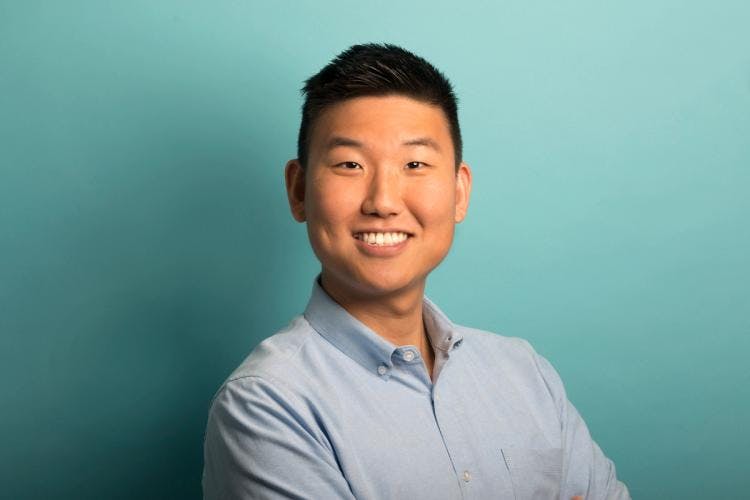
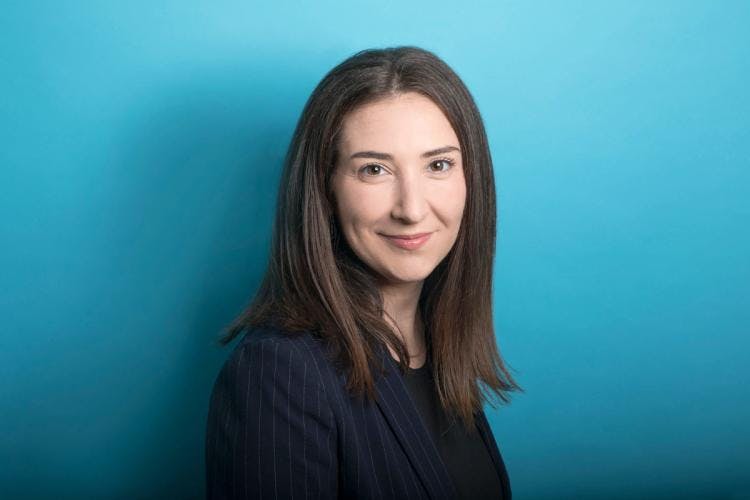
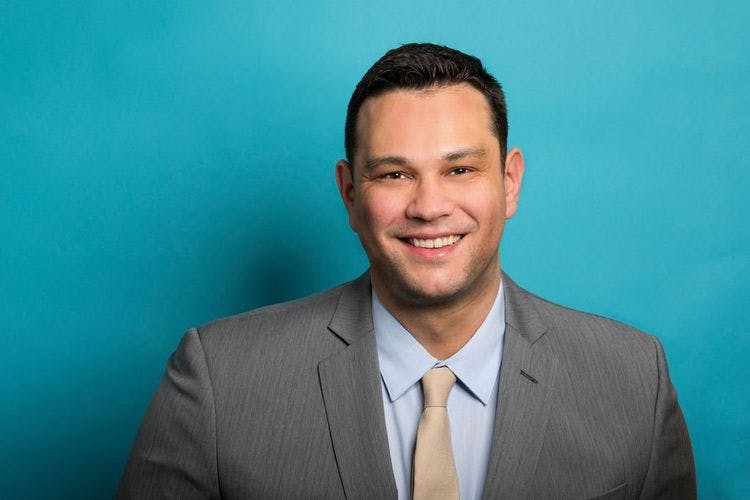
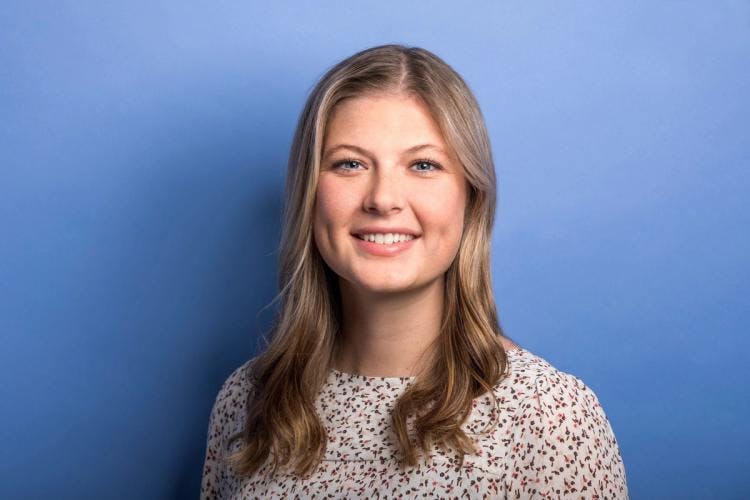
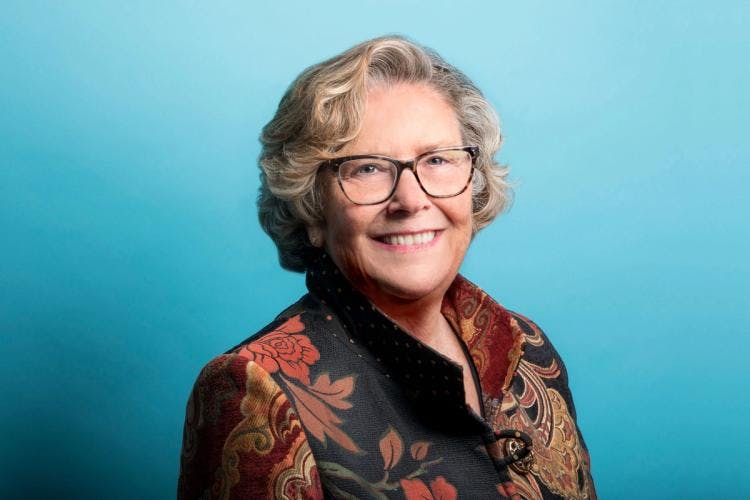
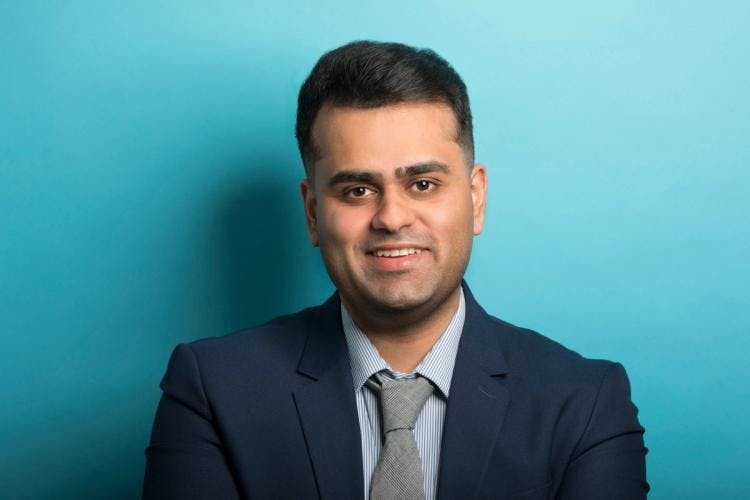
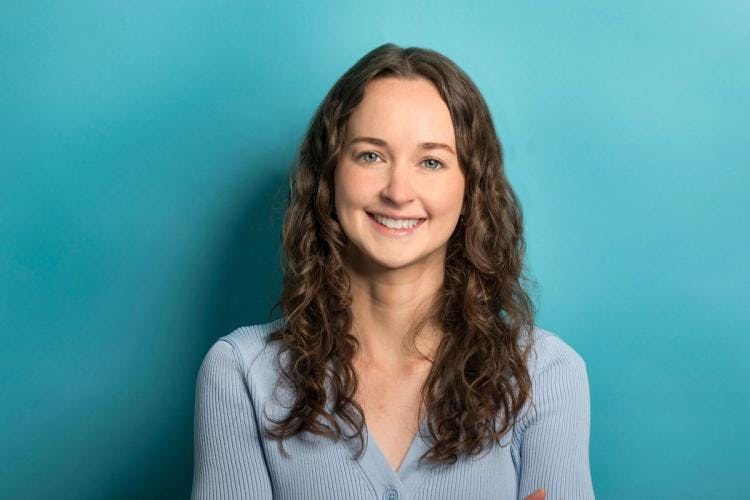





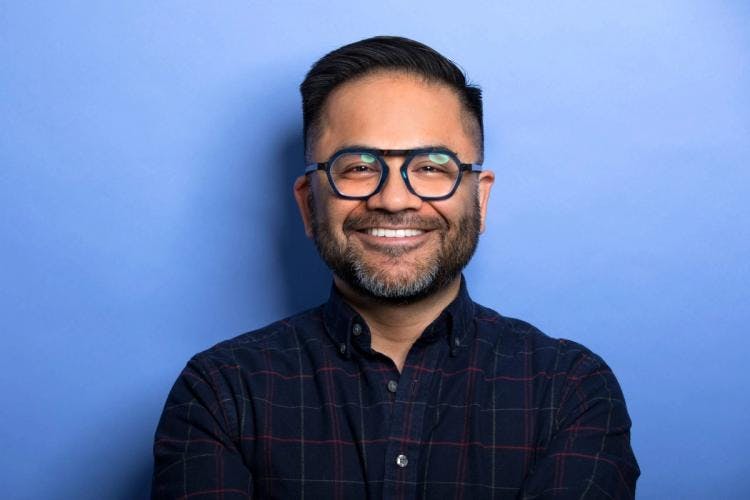

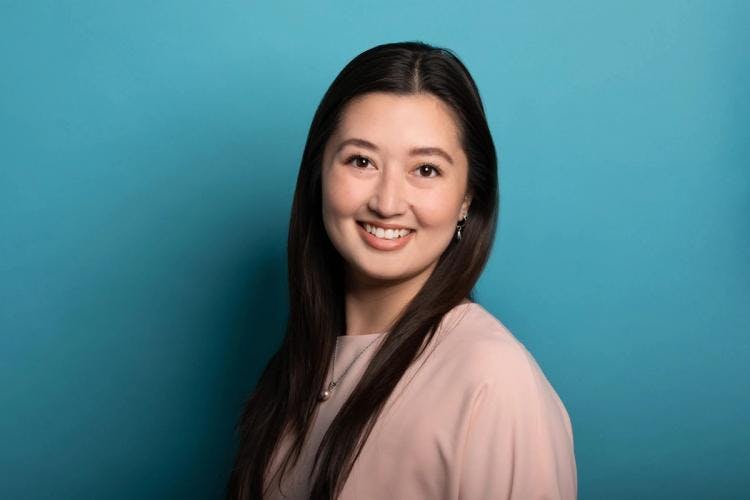
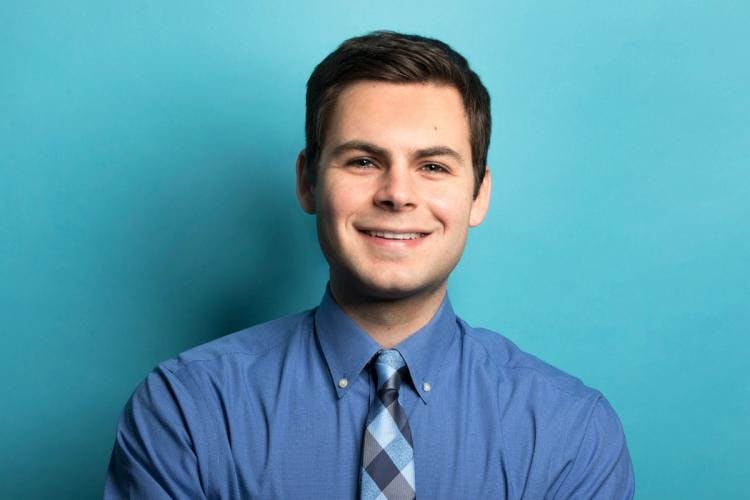

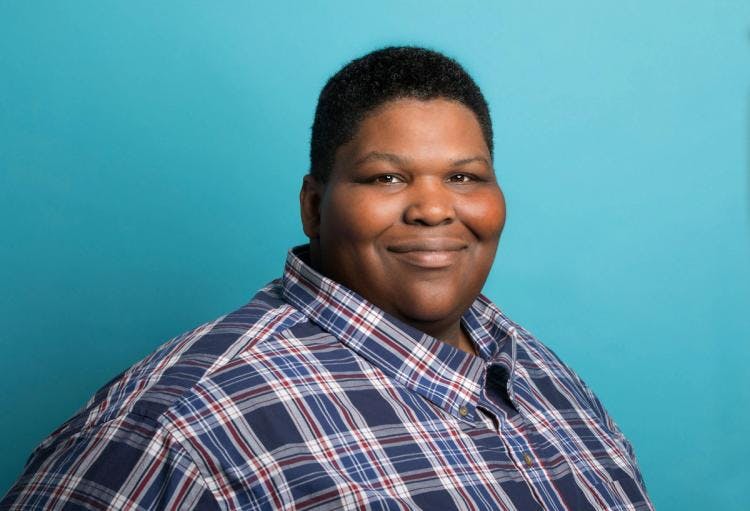
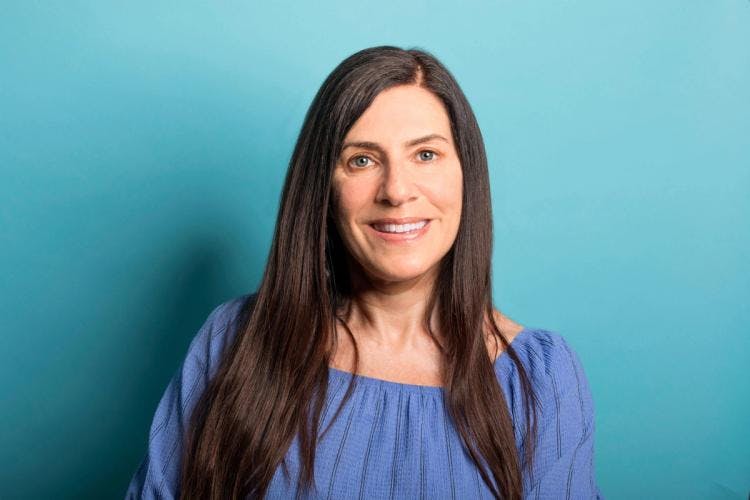
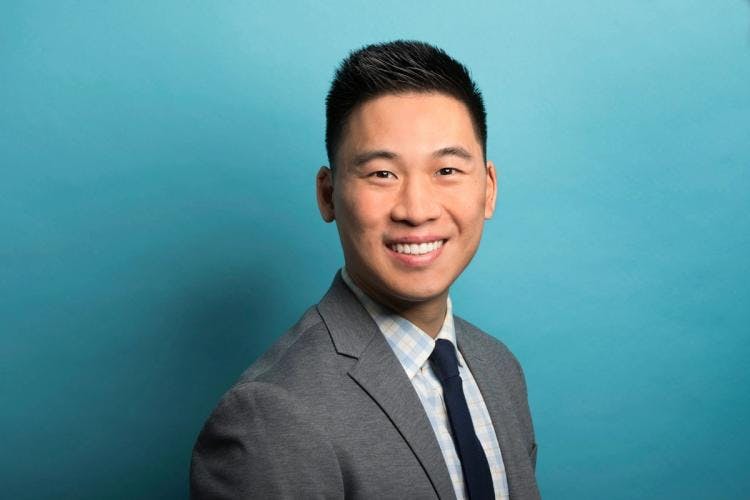
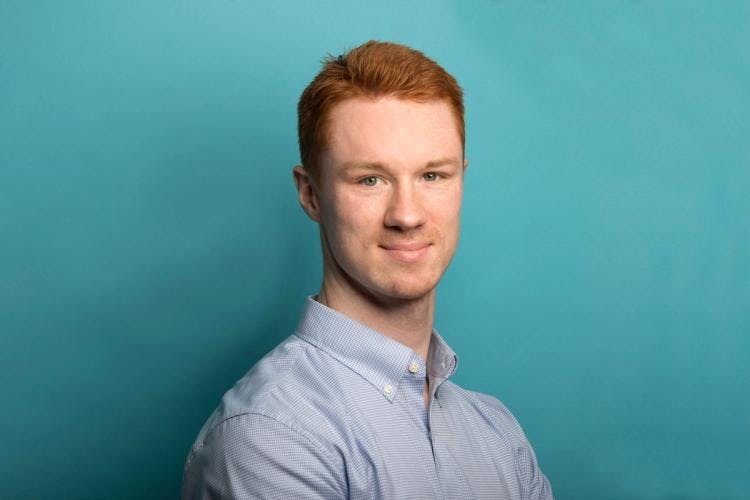
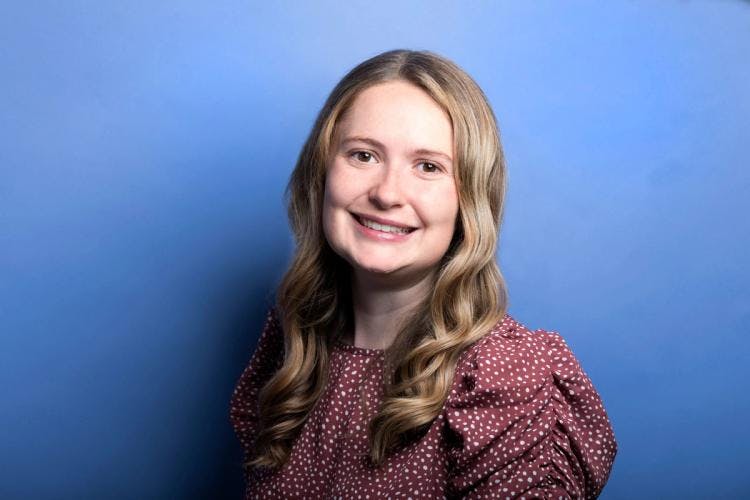
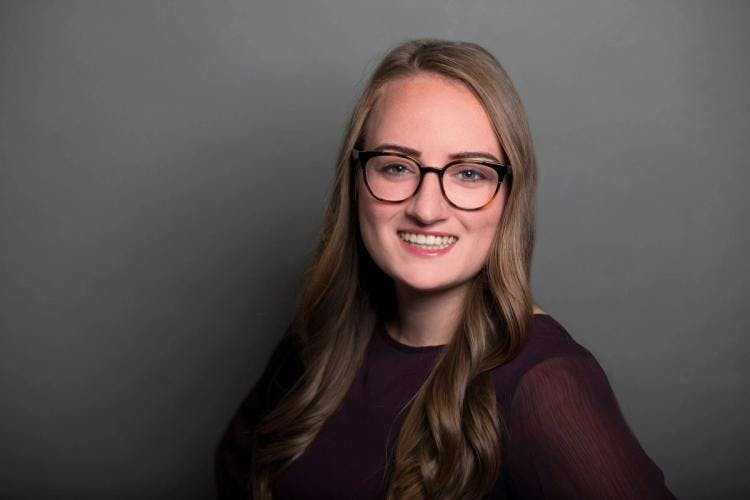
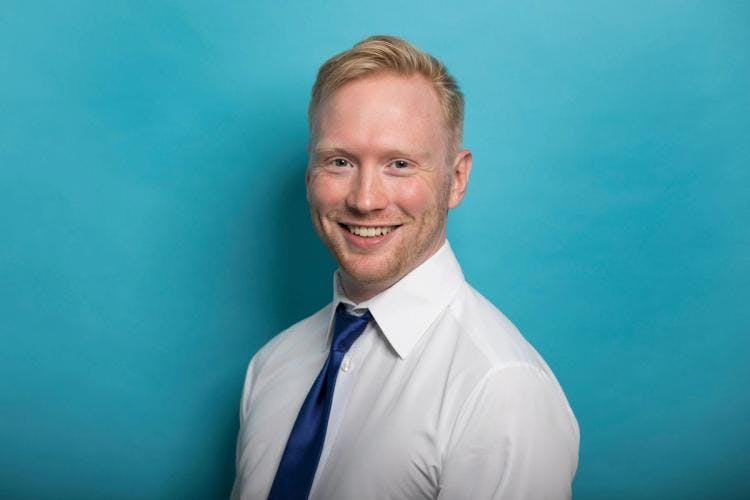
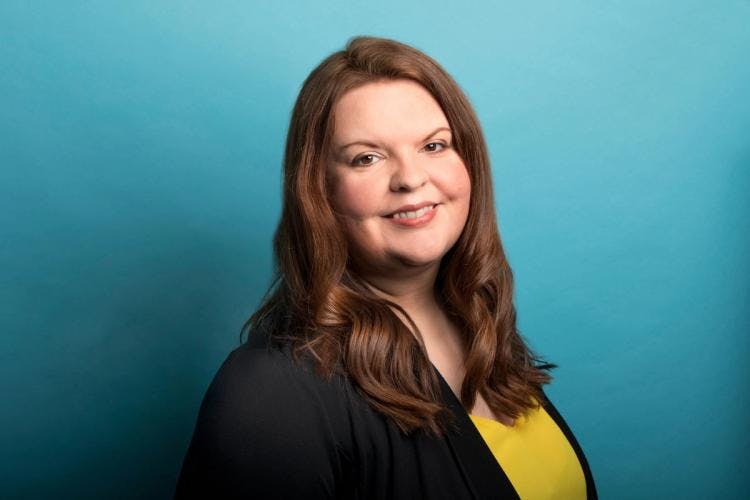
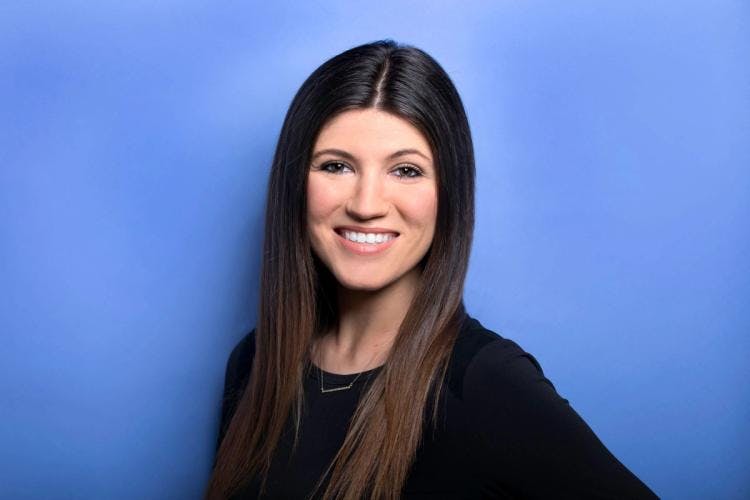

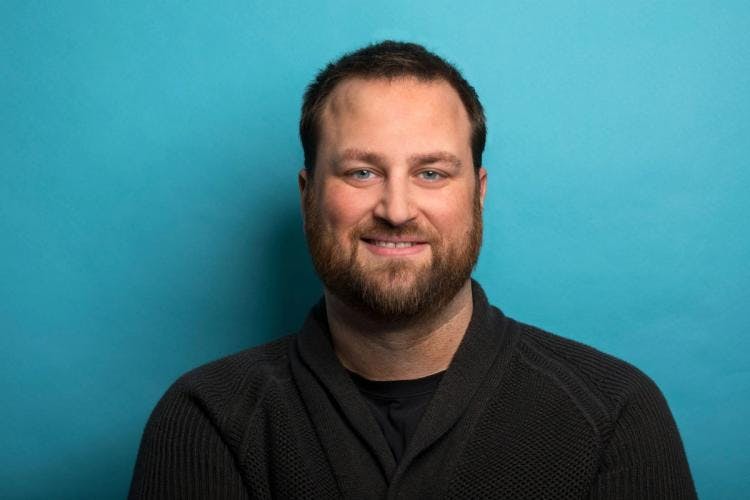

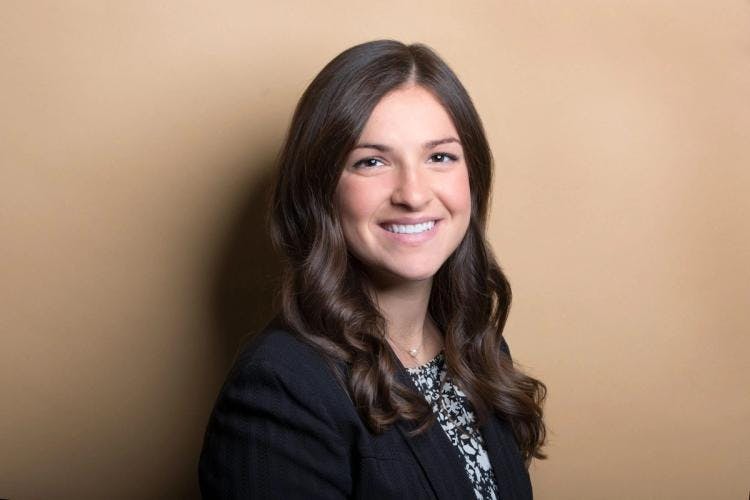

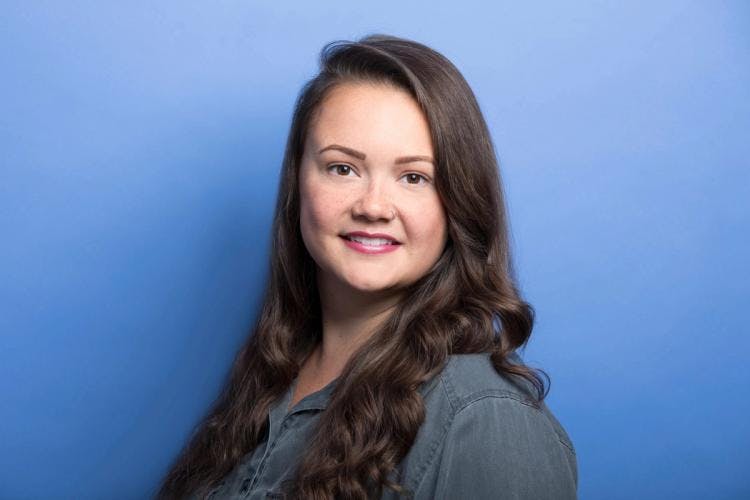


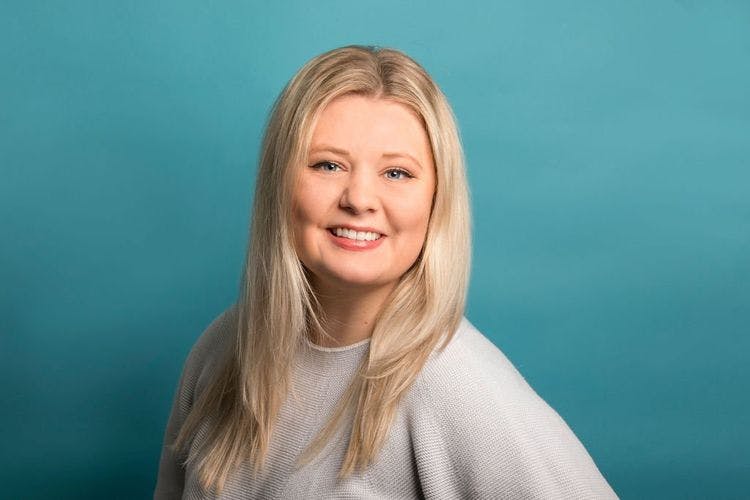
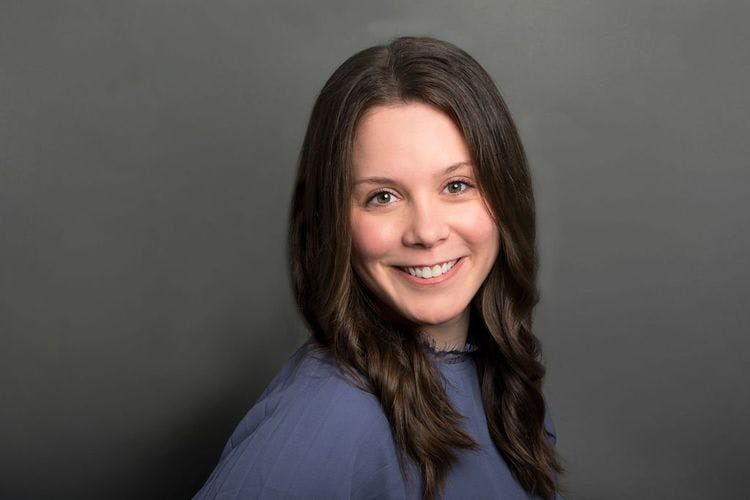

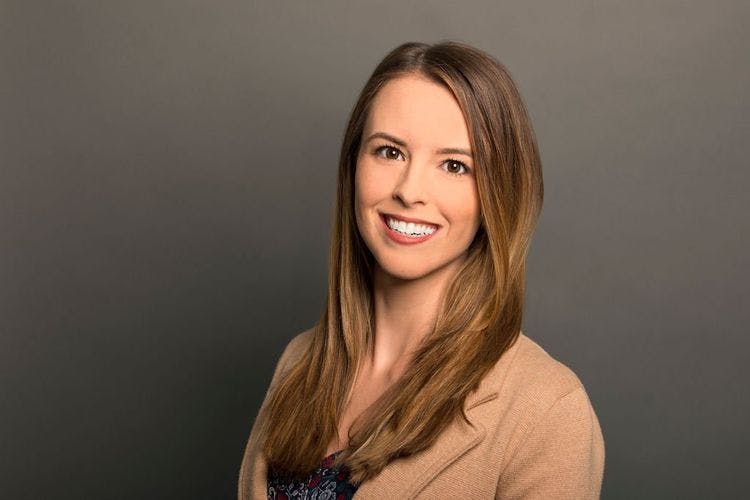
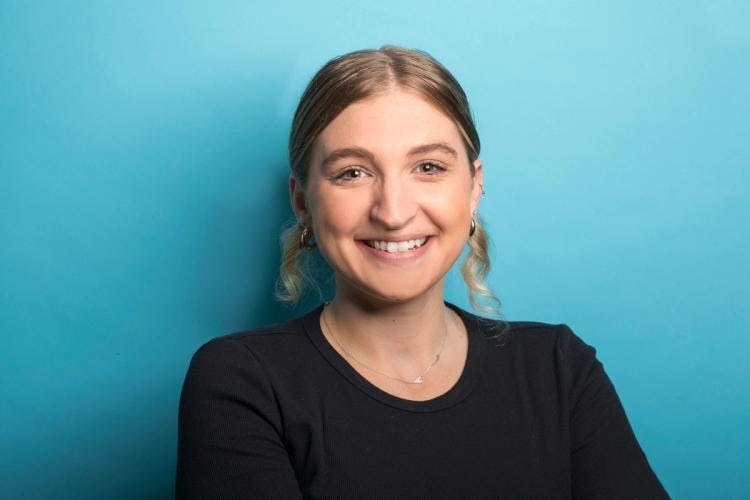
Our Services
Adult PsychiatryChild & Adolescent PsychiatryAdult TherapyChild & Adolescent TherapyCouples CounselingFamily TherapyGroup TherapyPsychological TestingTranscranial Magnetic StimulationPHP / IOP